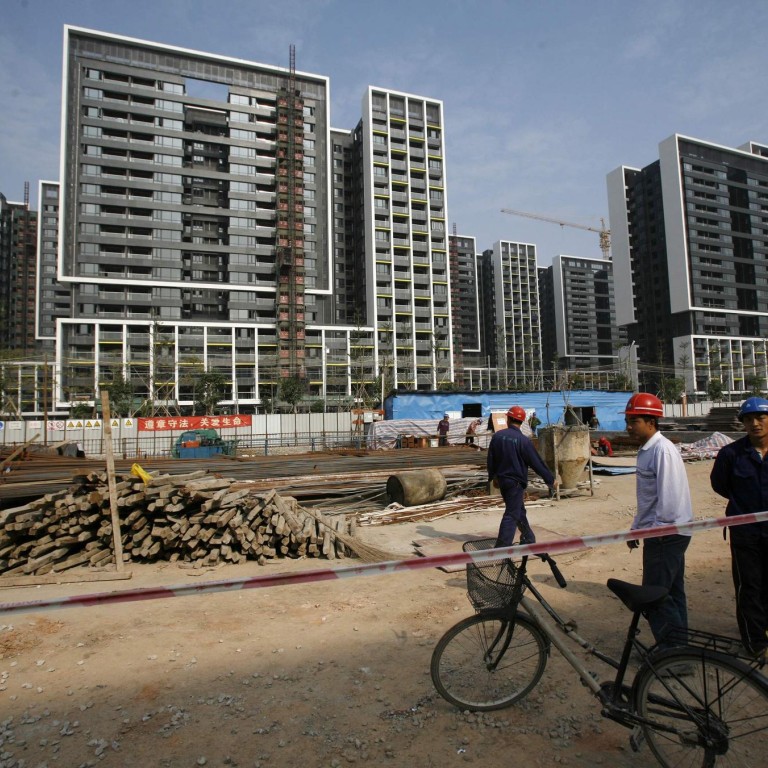Let’s cut through the noise. Recent whispers about a nationwide shift to ‘immediate sale’ (selling properties only after completion) in China’s real estate sector are, frankly, premature. While the idea has gained traction – spurred by a dubious report from foreign media, signals from the financial regulator about adapted financing models, and a local move in Xinxiang, Henan – a full-scale implementation is a leap we’re simply not prepared to take right now.
The Ministry of Housing and Urban-Rural Development, through the authoritative China Real Estate News, has rightly cautioned against rushing into this. The market simply isn’t ready.
Now, let’s break down why this ‘immediate sale’ model is being discussed in the first place. It’s touted as a way to reduce risk for homebuyers, preventing the nightmare scenarios of unfinished projects and stalled deliveries that have plagued the sector.
Essentially, it flips the script. Traditionally, developers use pre-sale funds to finance construction. This system, while efficient, has proven incredibly vulnerable to developer defaults and liquidity crises. ‘Immediate sale’ forces developers to fully fund projects before offering them to buyers, theoretically creating a safer environment.
However, let’s be real. This requires a massive shift in financing. Developers need access to cheaper, readily available capital, which is currently a substantial hurdle. We’re talking a fundamental rethink of how real estate is funded in China.
Furthermore, immediate sale could significantly reduce housing supply, potentially driving up prices. This defeats the very purpose of stabilizing the market. Policies need to strike a delicate balance between consumer protection and market dynamics.
Xinxiang’s pilot program is interesting, but local initiatives don’t necessarily represent the national landscape. It will be crucial to analyze its outcomes before any wider roll-out. Jumping the gun would be a disastrous misstep and could exacerbate existing vulnerabilities within the property market. We need cautious and calculated steps, not impulsive decisions.







